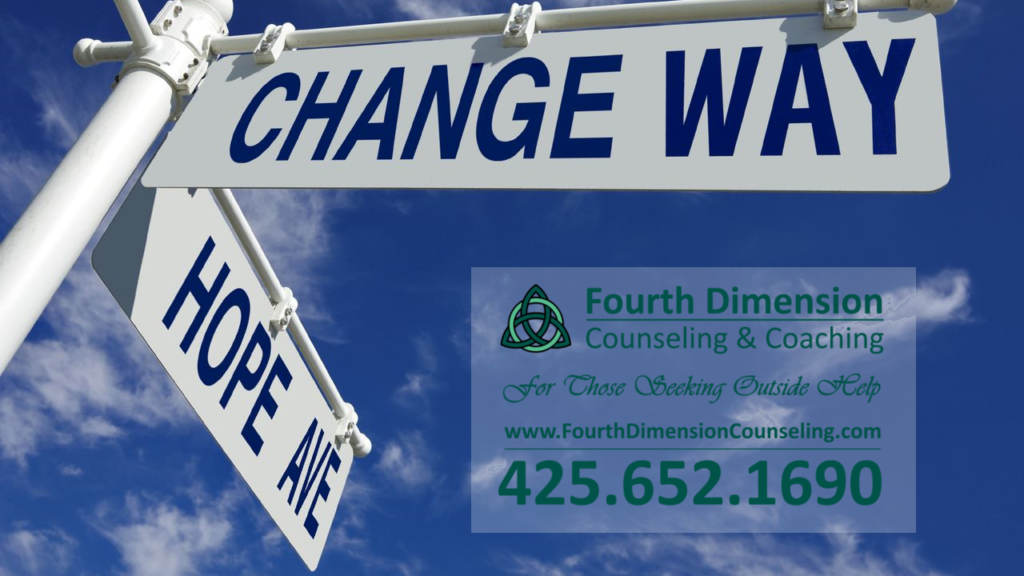Authors Note:
The information in the following article intentionally minimizes the use of scientific and psychological jargon. The author wants this article to be about your understanding of emotions and how to process them. The article is presented with a simplified approach and a practice exercise is included. Commonly heard and everyday vocabulary is used to describe the complexity that exists within ourselves that affect our thoughts, actions, feelings, and how we generally define ourselves in relation to the world we live in.
Inside each person is a silent observer, a sense of self that is like an inner scanner operating within us from the time we wake up each morning to the time we fall asleep. This inner scanner is like a TV antenna that is constantly receiving signals that are eventually distributed through our mind and body. These distributed signals serve to create for us our daily and lifetime theater of experience. They are our intimate connection with life and the world around us and are the foundation for what I believe is our core of consciousness.
The signals being received are coming to us through our senses and create sensations inside us. Each person encompasses an internal transformation system operating in varying degrees of sensitivity that converts the sensations into useful information. The converted sensations can be called emotions. The emotions become energized when we become aware of them and attach meaning to them. Now they are commonly known as feelings. The working part of the self that attaches meaning to the emotions can be called the narrator and is commonly known as the little voice in our head.
The narrator is constantly explaining and judging the emotions and attaching meaning to them based upon our current understanding and interpretation of life. The explanations and judgments, in turn, affect our thinking, feelings and behaviors. The judging, explaining and meaning attached to the emotions then go into our memory and become part of our lifetime theater of experience.
Each person’s narrator also has a different story to tell with varied explanations and judgments. Things like past personal experience, what we have learned, and comments from those who influence us come into play at this point. The kind of response triggered by our narrator is based upon those factors. In some cases, the emotion is like a best friend and the response is most enjoyable. At other times the triggered response can be uncomfortable and become a force to contend with.
There is a final player in this transformation system and I call it the conscious self. It is that part of us we are most familiar with. We are led by it and believe that it is who we are. The conscious self delivers the goods. It can interact with life in a deliberate way but many times interacts in an automatic way and is unconsciously subject to the unfiltered information of the narrator. In summary, it can be said that emotions are a product of a complex transformation system that provides people with information about how they live and interact with themselves and their life.
Emotions are generally categorized into two groups. One group is labeled positive and the other is labeled negative. Positive emotions are enjoyable and sought after and energize us in a welcomed direction. Negative emotions are not so enjoyable or welcomed and can move our lives in unwanted directions. In general, emotions prepare us for action. The reality of the eventual actions taken in response to positive or negative emotions depends entirely on how we hear our narrator interpret them, how we define them and how long we hold on to them. Believe it or not, we have choices. The main point here is that there is a powerful, complicated relationship between emotions and how they are interpreted, defined, and judged by the narrator and how they are listened to by the conscious self and finally show up in life.
Many people I encounter seem very confused about the nature of emotions and how to process them or even feel them, especially those labeled negative emotions. The labels of negative and positive attached to emotions can be, and many times are, misleading. Shame is labeled a negative emotion. If a deeper look is taken into the purpose and message of shame the results of feeling its call to action can be a very positive learning and emotional growing experience.
One reason we feel shame is because of something we said or did land unfavorably on another person. Words or behaviors which brought about the shame probably served to hurt the relationship with the other person. Acknowledging the feelings of shame and not judging them as negative helps to distinguish between acceptable and unacceptable behavior in our relationships. A very positive experience can take place if one recognizes and pays attention to the fact that our words or action brought about shame.
This recognition of shame can lead to feeling and experiencing humility. The humility could lead to an apology for our actions in the relationship and an opportunity to repair any damage. So that’s a positive thing wouldn’t you say? So shame, which is labeled as a negative, actually may not be such a negative experience after all. An individual has to have a well-adapted response to processing emotion for this positive reward to occur.
Keep in mind that emotions are responses to sensations and create energy that orients us toward action. Living life can become difficult if one were to act only on raw emotional sensations and follow unconscious reactions. In fact, that is what usually happens. If one judges the feelings of emotions like sadness, fear, anxiety, or anger, as negative we can expect there to be a conflict that arises. Judging oneself for experiencing an emotion and transforming it into something negative about oneself can bring up big trouble. When we judge the original feeling we also generate other core feelings that reinforce the negativity we assign to ourselves. Feeling negative about oneself and staying with that negative judgment brings up the pain of low self-esteem, inadequacy, or possible abandonment.
We react to today’s emotion with a definition from yesterday that was probably developed and most likely learned in a dysfunctional situation. That definition was adapted by us to keep us safe. Instead of feeling shame and converting it to humility, we learned to hold on to the shame, keep feeling it, and define ourselves by it. As a result, we become a shameful person and miss the opportunity to learn anything positive about ourselves. Next time shame comes up we will probably try to avoid, repress, distract, or suppress that feeling because we don’t want to feel shameful about ourselves.
This harmful process can continue for a long time and become a big part of our emotional life. As time goes on shame gets the company of all the other feelings we tag as negative. We become experts at stuffing feelings to avoid the pain and never grow our potential capabilities to perform in the world. We build up dysfunctional reactions to feelings and continue to unjustly define ourselves. The results of such an unprocessed feeling pattern will stay with us and becomes part of our theater of consciousness as unfinished business. It will most likely visit us again.
The troublesome processing of emotions that is explained above consists of several elements. They are; a gross misunderstanding and judgement of what emotions are and there purpose; avoiding, repressing, a distraction from, or suppression of feelings we tag as negative; a diminished concept of ourselves for having the feeling; and no learning from or practice in how to manage or regulate the emotions we experience.
What is the alternative?
The alternative is changing the process we use to work with emotions. First, a new and enlightened education about emotions and the message they carry is needed to begin a refreshing and nonjudgmental understanding of emotions. Secondly is to develop a conscious awareness of the emotions that arise in us and attach an accurate name and definition to the emotion being experienced. The third is recognition and acceptance of the information and purpose the emotion carries. Fourth is exercising and growing your capabilities for managing the strong impulses the emotion brings and lastly creating a new narrative about the emotion and how it is useful in your life.
Try this to start out. Alert your conscious awareness sometime throughout your day and take the time to practice noticing what emotions your sensations bring to you. Ask yourself; what am I sensing, what am I thinking, and what am I feeling. Stay in the present moment and become aware of the answers to these questions as they relate to here and now experiences and not memories of the past or projections of future experiences. When you have arrived at some answers ask yourself two questions. The first is what do I want as a result of having this experience and the second is what am I willing to do to get it? Lastly, create new conscious narratives about your emotions and build a heathy relationship with them. This new healthy relationship with your emotions than goes into your memory and becomes part of your new lifetime theater of experience.
Taking charge of your emotional life in this manner will begin to lead you down a path of discovering yourself in a compassionate and loving way. Start being yourself today and not what you were made into yesterday. Learn healthy ways to process your emotions.
Written by Thom Bianco MA, LMHCA, CPC
Counseling Therapist | Addiction & Relationship Coach
Fourth Dimension Counseling & Coaching
Thanks for reading our article on emotions and how to process them. If you have any questions regarding processing emotions, emotional trauma counseling, therapy or emotional coaching give us a call at 425-652-1690
At Fourth Dimension Counseling in we are experienced trauma therapists providing counseling services in the Seattle Area And King County including Mercer Island, Bellevue, Kirkland, Redmond, Woodinville, Bothell, Sammamish, Issaquah, Renton, Maple Valley, Kent and Covington. We also provide counseling services remotely over video conference on a completely private and secure connection.
If you or a loved one are struggling with sexual, pornography, food, gambling, drug or alcohol addiction, or if you have been betrayed in your relationship or marriage and experience anger, guilt, fear, shame or depression, we are here for you when you are ready to make a change. Learn more about our Expert counseling and therapy solutions in Seattle, Kirkland, Tacoma and the Puget Sound Area at our website: FourthDimensionCounseling.com or give us a call at 425-652-1690 to schedule an appointment.
Hope is just one call away.


